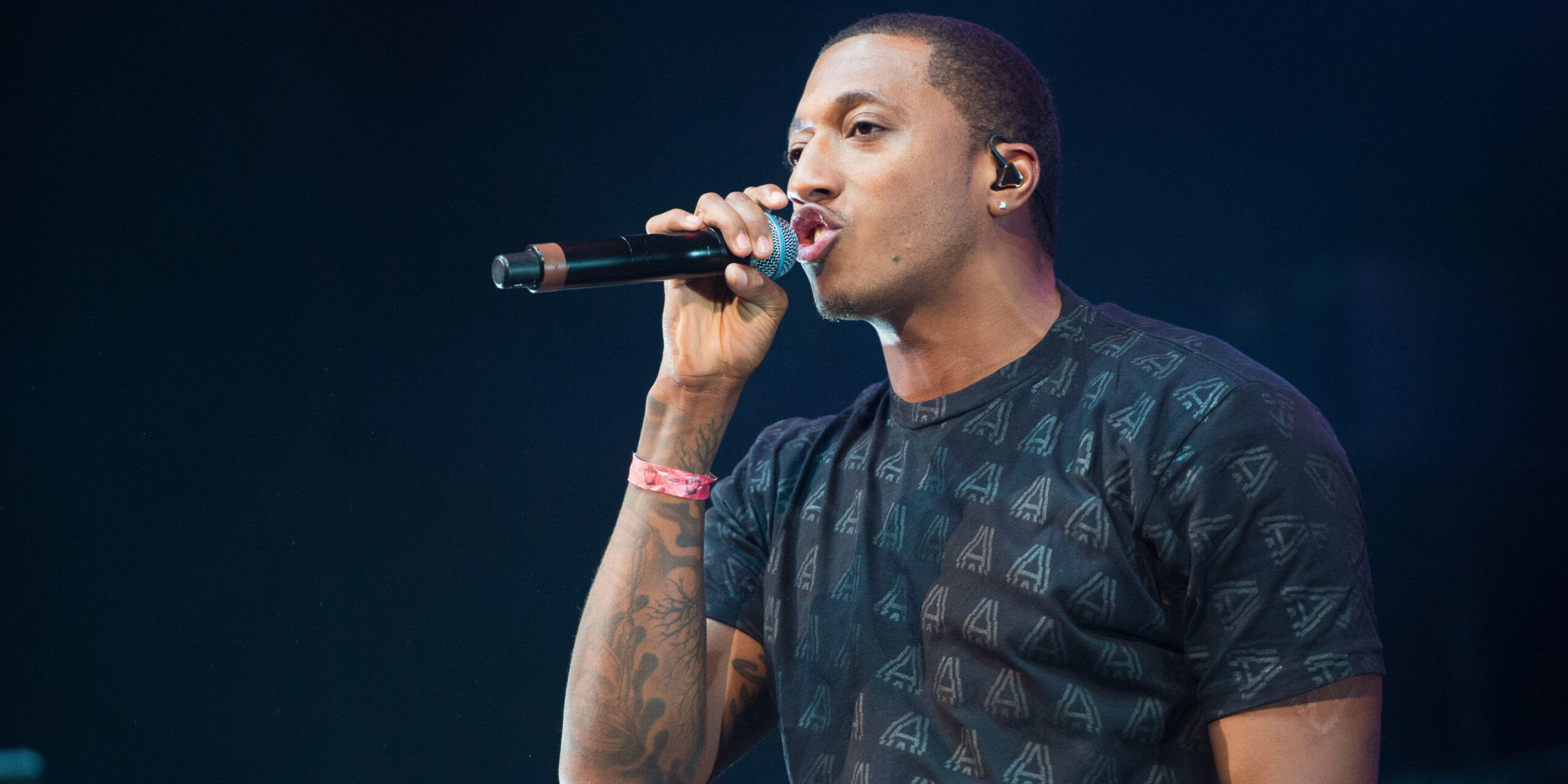Christian rapper Lecrae was a troubled teen struggling to find his identity as a young man who once considered committing suicide.
The two-time Grammy winner opens up about childhood abuse, run-ins with the law, struggles with drug and alcoholism, and doubts about God’s existence in his new memoir, “Unashamed.”
Despite his challenges, the 36-year-old also tells a story of finding his self-worth after surviving a car wreck and finding peace while expressing himself through music.
“I’m hoping my scars will heal other people,” Lecrae says. “I’m dealing with my pain and guilt in a healthy way for people to see me navigate. I’m not saying that I have it all figured out. But I am saying that I’m willing to wrestle with it in a productive way.”
Lecrae is among other faith-based music artists who are revealing themselves as not being perfect. Gospel’s Mary Mary and Tamela Mann both have reality shows, Tye Tribbett has talked openly about his infidelity, and Kirk Franklin often speaks about his imperfections.
“It makes it very tangible,” says Franklin, who does the Milly Rock hip-hop dance at his concert performances. “It makes people see that we’re human. People think if we went through it, then I can go through it and still believe, too. That’s an important message.”
Lecrae says Christians aren’t flawless.
“The standard is so high,” he says. “Historically, people from the faith community have been pigeonholed as self-righteous individuals who look down on people. We’re just trying to set the record straight. Hopefully some of the stereotypes can fall down and crumble, so we can start having those genuine conversations and relate to one another on a human level.”
In 2013, Lecrae became the first hip-hop artist to win a Grammy for best gospel album for “Gravity.” His seventh album, “Anomaly,” is the first title to top Billboard’s Top 200 and gospel albums charts in the same week. He won another Grammy for his song “Messengers.”
In his book, Lecrae talks about never meeting his drug-addict father and being raised by a single mother. He reveals that he was sexually molested by a caregiver around the age of 8, which he says led to promiscuous lifestyle from his teen years into adulthood, referring to himself as a “tornado of rage, confusion and hormones.”
Lecrae’s male role models included Tupac Shakur and his gangster uncle, who showed him a gun for the first time. After he dropped out of college, he was a misfit shooting at a random car with a BB gun and hosting numerous parties for high school students. He attended church, but lived a separate life.
His life was “spiraling out of control,” he says, and he was leaning on drugs, including cocaine and ecstasy, before he was checked into rehab. His turning point came when he attended a conference in Atlanta and saw a performance by the Christian hip-hop group The Cross Movement.
He now lives a life of sobriety as a married man with three children and attends a weekly men’s bible study meeting.
“I thought it was important as a Christian to show people that this is not some pretentious, self-righteous individual making music,” he said. “This is a real person who’s been through real things. Hopefully it changes the narrative a little bit.”
9(MDAxODM0MDY4MDEyMTY4NDA3MzI3YjkzMw004))







